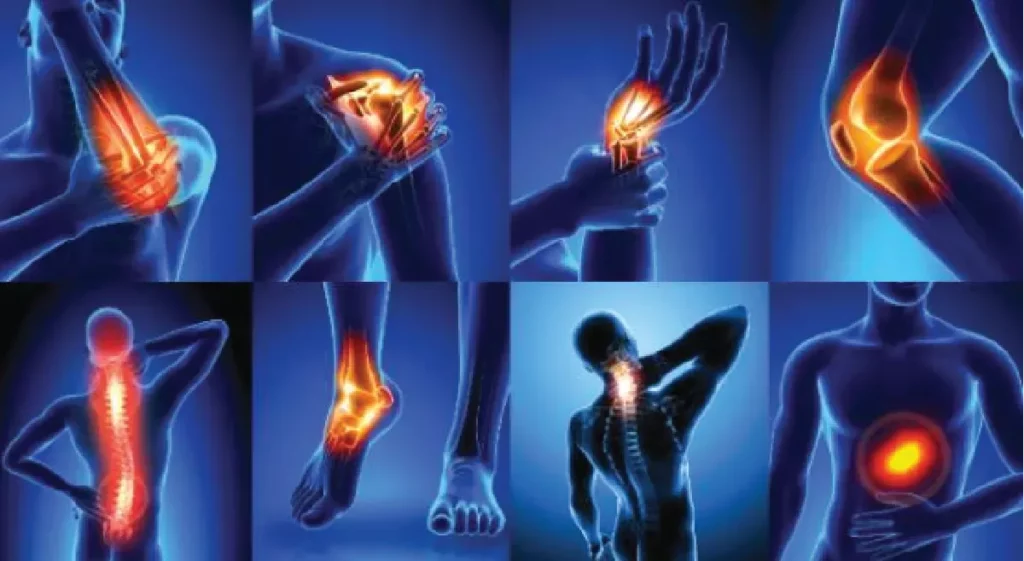
If you’ve ever experienced chronic pain, you know it’s more than just a sensation – it’s a full-fledged and often overwhelming condition. The persistent discomfort can significantly impact your quality of life, making even the simplest of tasks seem like Herculean feats. In this article, we delve into the realm of chronic pain, exploring its profound effects and shedding light on crucial lifestyle adjustments that can help you regain control and enhance your well-being.
The Silent Epidemic: Understanding Chronic Pain.

Chronic pain transcends the realm of ordinary sensations. Unlike acute pain, which is a temporary and usually sharp perception triggered by a specific injury or ailment, chronic pain persists over extended periods, often lasting beyond the expected healing time. It’s more than a symptom – it’s a complex and challenging condition, often influenced by a myriad of factors beyond the physical.
The Far-Reaching Effects
Chronic pain isn’t confined to its physical implications; its effects reverberate through various aspects of life. Emotional well-being commonly takes a hit, as the constant distress and discomfort can lead to anxiety, depression, and a diminished overall outlook. This interplay between physical and emotional well-being underscores the necessity of a holistic approach to chronic pain management.
Lifestyle Matters: The Crucial Role of Choices
When combating chronic pain, every decision you make concerning your lifestyle can either alleviate or exacerbate the condition. Here are pivotal lifestyle factors to consider:
1. Diet and Nutrition
The adage “you are what you eat” rings particularly true for chronic pain sufferers. A diet rich in inflammatory foods, such as saturated fats and processed sugars, can fuel the fire of chronic inflammation, intensifying pain. Opting for an anti-inflammatory diet comprising fruits, vegetables, whole grains, and lean proteins can potentially mitigate discomfort.
2. Physical Activity
While physical activity might seem counterintuitive when in pain, appropriate exercises can be instrumental in managing chronic discomfort. Low-impact activities like swimming, yoga, and walking can help maintain joint flexibility, muscle strength, and overall functionality. Consulting a healthcare professional before embarking on any exercise regimen is paramount.
3. Sleep Hygiene
Sleep and pain share a bidirectional relationship – while pain can disrupt sleep, inadequate sleep can amplify the perception of pain. Establishing a consistent sleep schedule, creating a comfortable sleep environment, and adhering to relaxation techniques can contribute to better sleep quality.
4. Stress Management
Chronic pain is notorious for being exacerbated by stress. Incorporating stress-reduction practices such as meditation, deep breathing exercises, and mindfulness can not only alleviate stress but also indirectly alleviate pain.
5. Social Support
The journey through chronic pain can be isolating, but it doesn’t have to be. Engaging with a support network, be it friends, family, or support groups, can provide not only emotional succor but also a platform to share experiences and coping strategies.
